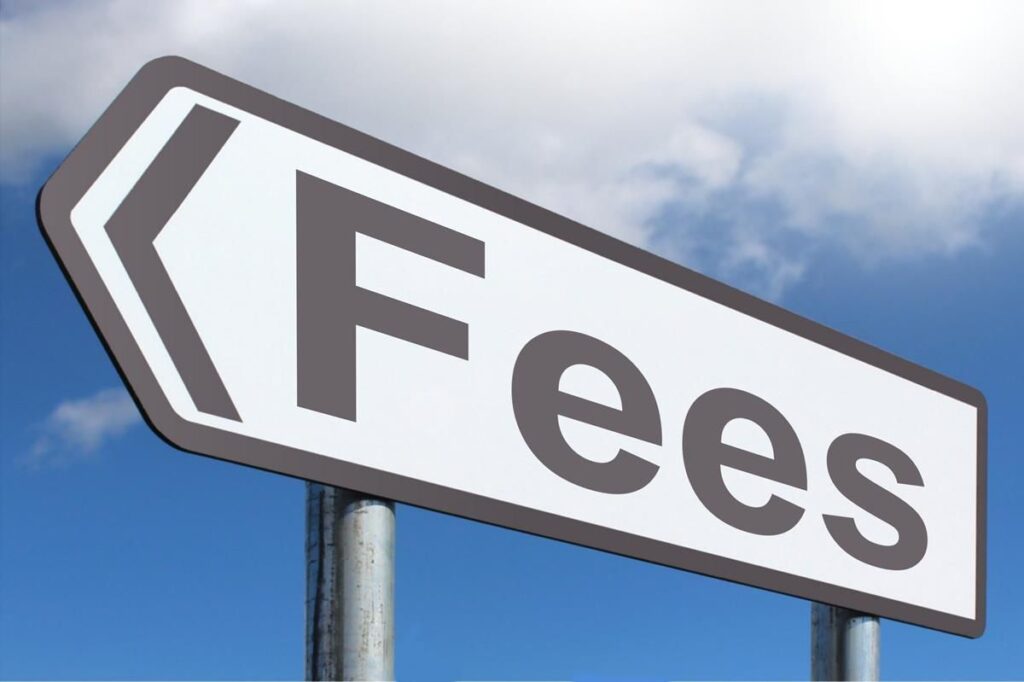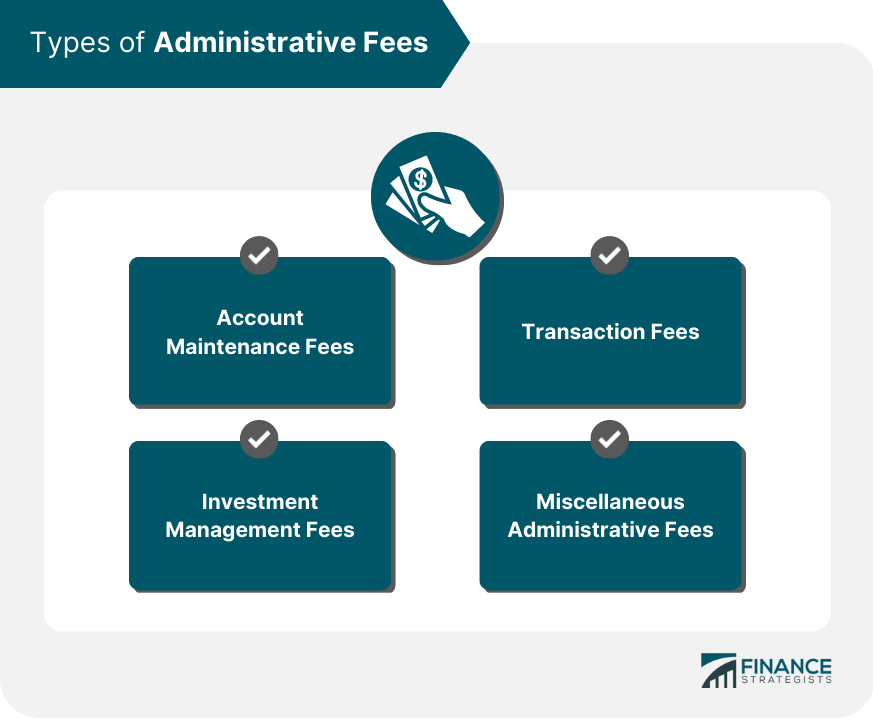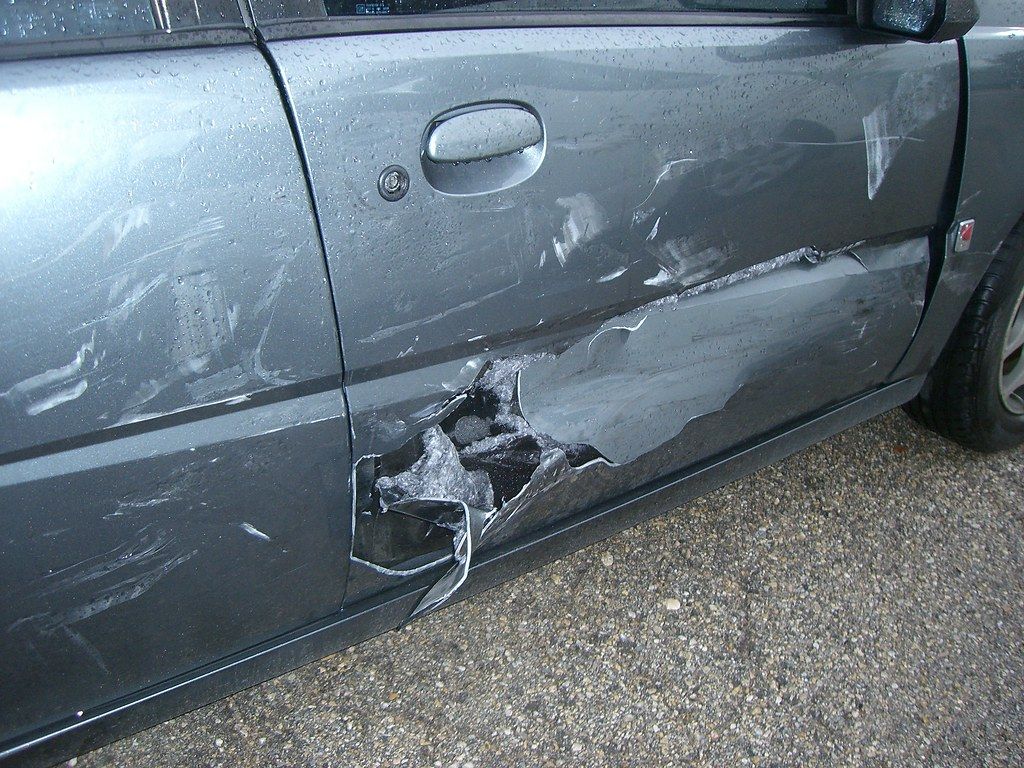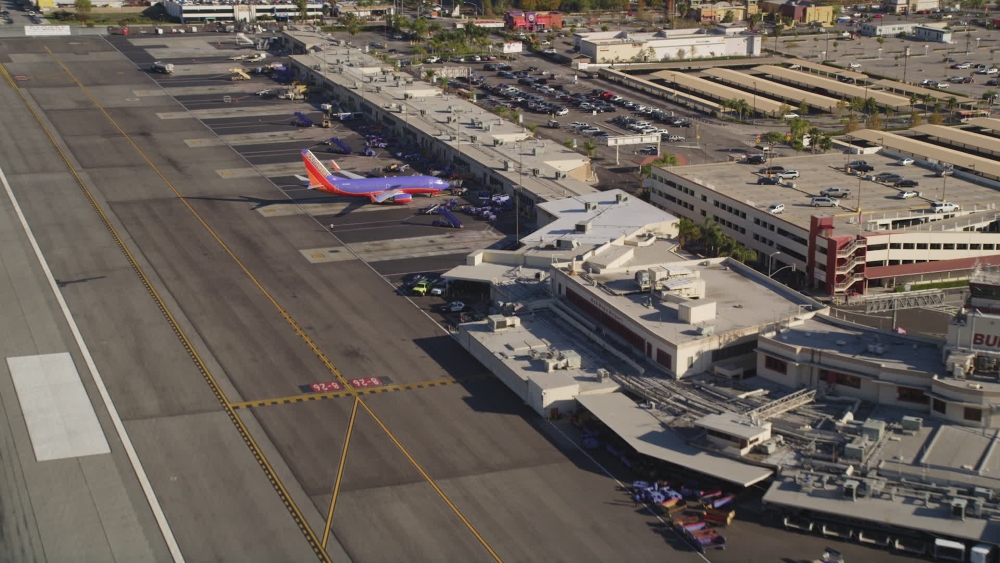Renting a home or a car should ideally be a straightforward, budget-friendly experience, marking the beginning of a new chapter or an exciting journey. Yet, for many, the reality often diverges sharply from this ideal, transforming what should be a simple transaction into a frustrating encounter with unexpected costs. Hidden fees lurk in the fine print of rental agreements, turning an initial attractive price into a significant financial burden, often leaving consumers feeling misled and financially strained.
Indeed, these unforeseen charges are not just minor inconveniences; they contribute to a growing financial stress for millions. A staggering 21.6 million U.S. households are currently rent-burdened, dedicating over 30% of their income to rent. These extra fees, as noted by a recent report from the National Consumer Law Center (NCLC), significantly exacerbate this burden, potentially jeopardizing access to future housing and financial stability by contributing to rental debts and negative marks on credit reports. Similarly, nearly 30% of travelers end up paying more than expected when hiring a vehicle due to hidden car rental fees.
But here’s the empowering truth: these hidden fees are not inevitable. By equipping yourself with knowledge, asking the right questions, and understanding the fine print, you can navigate the rental landscape like a seasoned pro. This comprehensive guide is designed to empower you, the consumer, to spot and confidently avoid the most common hidden fees associated with both property and car rentals, ensuring your next rental experience is transparent, predictable, and budget-friendly. Let’s decode the complexities together, starting with securing your living space without financial surprises.

1. **Application Fees**
The very first step in securing a rental property often involves an application, and with it, an application fee. These non-refundable charges are typically collected to cover the costs of processing your rental application, which commonly includes expenses like background and credit checks. While seemingly a small upfront cost, these fees can quickly accumulate, especially in a competitive housing market where prospective tenants might apply to multiple properties before securing a lease.
The issue isn’t just the existence of the fee, but its transparency and reasonableness. A senior Biden administration official criticized high rental application fees, noting they are often “far more than the actual cost to run a check.” With many people needing to apply repeatedly in a tight market, these fees can add up to hundreds of dollars, creating a significant barrier to housing access. Some landlords even charge multiple application fees if more than one individual applies from the same household.
To shield your finances, always inquire about the exact cost of the application fee and its specific purpose. Ask if it covers background checks, credit checks, or both, and whether it’s a single charge per application or per applicant. Crucially, clarify if the fee is refundable under any circumstances, particularly if your application is denied. Empower yourself by knowing what you’re paying for before you commit, and remember that states like Colorado are moving towards policies that allow prospective tenants to reuse their rental application for up to 30 days without extra charge, a positive sign of evolving consumer protections.
Read more about: Highway Heartbreak: Unpacking the Complex Realities of EV Charging for Today’s Drivers
2. **Ambiguous Utility Costs**
When reviewing a rental agreement, language surrounding utilities can often be deceptively vague. A clause like “utilities included” might sound like a dream, promising a simplified budget and no unexpected bills. However, this phrase can be ambiguously stated without specifying the extent of coverage, leading to significant financial surprises once you move in. The hidden truth is that what’s included can vary dramatically from one property to another, and what you assume is covered might not be.
Common utilities such as water, gas, electricity, and internet are often the main culprits of ambiguity. Without clear itemization, renters might find themselves responsible for a utility they believed was part of their monthly rent. This is particularly relevant in sub-metered properties, where individual tenants might receive separate charges for their consumption, even if the main lease suggests a bundled approach. Other properties might distribute these costs evenly among tenants, which could still mean paying for more than your actual usage.
Before signing, proactively ask for a clear, written breakdown of exactly which utilities are covered by your rent. If the agreement states “utilities included,” press for specifics: Is it water? Gas? Electricity? Internet? Are there any caps or limits on usage? Understanding this prevents the shock of unexpectedly high utility bills that can quickly derail your carefully planned budget. Your financial confidence hinges on having full clarity on these recurring expenses, ensuring no unforeseen charges add undue burden.
Read more about: Driving Smart: An In-Depth Look at the Most Fuel-Efficient Non-Hybrid Cars of 2025 for Savvy Consumers

3. **Sneaky Maintenance and Repair Charges**
While landlords are legally obligated to maintain habitable living conditions, some rental agreements cleverly weave in maintenance fees that can catch unsuspecting tenants off guard. These fees typically cover repair costs for issues that may arise during your tenancy, but the devil is often in the details of what constitutes a tenant’s responsibility versus a landlord’s. Without careful scrutiny, you could find yourself paying for repairs that should rightfully fall to the property owner, adding unexpected stress to your financial outlays.
The concept of “reasonable wear and tear” is particularly critical here. Landlords might attempt to charge tenants for minor scuffs, fading, or other normal depreciation that occurs over time, rather than genuine tenant-caused damage. Clarifying this distinction upfront is a smart financial move. Ask if routine checks, such as HVAC filter replacements or smoke detector battery changes, are complimentary or if they come with a charge. Also, understand the protocol for reporting repairs and who bears the cost for common issues like plumbing leaks or appliance malfunctions.
To protect your budget, scrutinize the maintenance section of your lease thoroughly. Pose direct questions to your landlord or property manager: What specific responsibilities fall on me as a tenant? Are there any hidden monthly or annual maintenance charges? Getting a detailed understanding of these terms will empower you to challenge any unwarranted repair bills later and ensure you’re only paying for what’s truly your responsibility. This proactive approach ensures that your home remains a sanctuary, not a source of unexpected repair expenses.
Read more about: Don’t Get Skinned: 14 Used Car Traps and Questionable Models Savvy Buyers Should Steer Clear Of for Reliability and Real Deals

4. **Administrative and Processing Fees**
Beyond the standard rent and security deposit, a broad category of charges known as administrative fees can quietly inflate your total rental costs. These fees are often vaguely defined, covering tasks such as setting up utilities, managing paperwork, or processing rental payments. Many renters unknowingly pay these amounts due to unclear lease language or a lack of specific inquiry, mistaking them for unavoidable costs of doing business. However, these charges can represent significant one-off or even recurring expenses.
For example, you might encounter onboarding charges when you first move in, ostensibly for the administrative effort involved in getting you settled. Similarly, some landlords levy move-out charges, claiming compensation for the administrative tasks associated with a tenant vacating the property. Even the act of paying your rent online, a convenience many now expect, can sometimes come with a “convenience fee” if the landlord chooses to pass on the processing cost. The National Consumer Law Center’s survey found “excessive and sometimes illegal late fees, as well as convenience fees, roommate fees and even a fee just because it’s January!” indicating the sheer variety of such charges.
To proactively avoid these stealthy charges, pose direct and pointed questions to your landlord. Inquire specifically: Are there any onboarding or move-out charges? Is there a fee for processing rental payments, especially if paying online? What specific administrative tasks do these fees cover? Knowing the answers to these questions upfront helps you anticipate these potential expenses and factor them accurately into your budget, preventing any last-minute financial jolts. A transparent understanding of these charges builds a foundation of financial confidence from day one.
Read more about: FTC Cracks Down on ‘Junk Fees’: What It Means for Your Wallet
5. **Pet Fees and Deposits**
For animal lovers, the joy of finding a rental that welcomes furry companions can be quickly tempered by a complex array of pet-related charges. Beyond the common monthly pet rent, which some landlords levy, it’s essential to scrutinize the lease for one-time pet fees or deposits. These additional costs can vary widely and, if not clearly understood, can add substantially to the financial commitment of renting with a pet. Ambiguous policies are often where these fees hide, leading to confusion and frustration.
The distinction between a “pet fee” and a “pet deposit” is critical. A pet fee is typically a non-refundable charge, a one-time payment for the privilege of having a pet on the property, regardless of whether any damage occurs. A pet deposit, on the other hand, is usually refundable, intended to cover any potential damages caused by the pet. However, the conditions for its refundability must be thoroughly understood, as practices can vary. Some landlords might use vague language that makes reclaiming the deposit difficult even if no damage is evident.
Before bringing your beloved companion home, delve deeply into the pet policy with your landlord. Confirm whether any pet deposit is refundable, and under what specific conditions it might be withheld. Ask about breed or weight restrictions, and if additional pets incur separate fees. Knowing these details helps you avoid paying excessive amounts due to ambiguous policies and ensures that your pet-friendly home doesn’t come with an unexpectedly hefty price tag. Be an advocate for your wallet and your pet by clarifying every detail.
Read more about: Unlock Top Dollar: The Ultimate Popular Mechanics Guide to Boosting Your Car’s Resale Value Through Smart Detailing

6. **Parking and Storage Fees**
In the quest for a new rental, amenities like parking and storage can be significant selling points, often advertised as “free” or “included.” However, even if “free parking” is explicitly stated in the lease, the specifics can conceal additional charges, particularly in densely populated urban areas where space is at a premium. What might seem like a given convenience could become an unexpected cost if you don’t delve into the details.
For parking, clarify not just its availability, but its cost. Is it truly free for all vehicles, or is there a charge for a second car? Does “free parking” extend to guest parking, or will visitors incur a fee? These nuances can significantly impact your monthly budget, especially if you have multiple vehicles or frequently host guests. Similarly, properties often feature storage units, but it’s crucial to confirm if these are included as part of your rent or if they are available at an extra, often substantial, monthly cost.
To ensure accurate budgeting and avoid these potential surprises, make specific inquiries about parking and storage facilities. Ask for details on assigned parking spaces, guest parking policies, and any associated fees. If storage units are mentioned, confirm their availability, size, and whether they come with an additional charge. Gaining this knowledge upfront allows you to factor these potential costs into your overall living expenses, preventing any unwelcome financial shocks. Your proactive questions pave the way for a truly transparent and budget-friendly rental experience.
Hitting the road with a rental car should be an exciting part of your journey, whether it’s for a vacation or business. Yet, just like property rentals, the car rental landscape is often fraught with unexpected charges, hidden fees, and even outright scams that can quickly turn your budget upside down. Many travelers find themselves paying significantly more than anticipated, transforming a simple rental into a frustrating financial headache.
But don’t let these potential pitfalls deter you from your travel plans. By understanding the most common traps and equipping yourself with a few smart strategies, you can navigate the car rental world like a seasoned pro. This section is your essential guide to safeguarding your wallet from those stealthy charges, ensuring your next car rental experience is as smooth and predictable as your destination. Let’s get started on making your next road trip truly worry-free.
Read more about: Heads Up, Buyers! Unmasking the 15 Sneaky Used Car Lies & Scams That Annoy Shoppers and CarFax Alike

7. **Gift Card Scams & Fraudulent Bookings**
Imagine finding an incredible deal online for a rental car, a price so low it almost seems too good to be true. Unfortunately, often, it is. This is the hallmark of a common gift card scam, where fraudsters pose as legitimate car rental companies, luring unsuspecting travelers with unbelievably low rates. Their ultimate goal is to get you to pre-pay, not with a standard credit card, but with a gift card or prepaid debit card, effectively severing your financial protections.
Once you’ve provided the card number and PIN to these scammers, they vanish, taking your money with them. The appeal of a significant discount can be powerful, especially when planning a trip on a budget, but this allure is precisely what makes these scams so effective. Without the recourse of a credit card dispute, recovering your funds becomes nearly impossible, leaving you out of a car and out of pocket.
To steer clear of this costly trap, diligent research is your first line of defense. Always verify the legitimacy of any rental company you find online, checking reviews and official websites. Crucially, *never* agree to pay with a gift card or prepaid debit card, as these are akin to handing over cash. Instead, stick to paying with a credit card; this provides you with the invaluable ability to dispute fraudulent charges, offering a crucial layer of protection for your finances.

8. **Pre-Existing Damage Charges**
You’ve picked up your rental car, signed the paperwork, and are ready to embark on your adventure. But what happens if, upon returning the vehicle, you’re suddenly charged for damage that was already there? This scenario is a notorious “damage scam,” where rental companies attempt to hold you responsible for pre-existing scratches, dents, or other wear and tear, both inside and outside the car, that occurred before you ever took possession.
These charges can be substantial, often catching renters off guard and without recourse if they haven’t adequately documented the vehicle’s condition. The burden of proof can fall heavily on the renter, making a thorough pre-rental inspection an absolute necessity to protect your financial interests and avoid paying for someone else’s mishaps. It’s a moment where a few extra minutes upfront can save you hundreds, or even thousands, of dollars later.
To proactively shield yourself from this scam, make a meticulous inspection of the vehicle before you drive it off the lot. Examine every inch of the car, inside and out, specifically looking for any existing scratches, scuffs, dents, or interior damage. Crucially, document everything with your smartphone: take comprehensive pictures or video, capturing all angles and any identified damage, no matter how minor. Immediately email these images to yourself and the rental agency as dated proof. Furthermore, ensure that any and all pre-existing damage is explicitly noted and acknowledged in writing on your rental contract before you sign it. This comprehensive documentation provides firm, undeniable evidence to back up your position should a dispute arise.
Read more about: 🚨 Heads Up, Drivers! 11 Crucial Things Tow Truck Drivers REALLY Wish You’d Stop Doing on the Side of the Road

9. **Unnecessary Rental Insurance Upsells**
As you stand at the rental counter, eager to grab your keys, the agent often launches into a detailed pitch about their rental insurance policies. They might skillfully cast doubt on whether your personal auto insurance adequately covers rental vehicles, creating a sense of urgency and concern. The goal is clear: to sell you their often expensive, on-the-spot insurance policy, adding a significant daily cost to your rental agreement that you might not actually need.
Many renters, feeling pressured or uncertain, succumb to these upsells, believing it’s the only way to ensure they’re covered. However, this is frequently an unnecessary expense. In a significant number of cases, your existing personal auto insurance policy already extends coverage to rental cars. Major providers like Progressive explicitly confirm this, and it’s a common benefit. Beyond that, many credit cards offer automatic insurance coverage when you use them to pay for your rental, adding another layer of protection you might already possess.
To confidently decline these upsells and save your money, preparation is key. Before you even arrive at the rental counter, thoroughly review your personal car insurance policy to understand its rental car coverage. If you use a credit card for booking, check its benefits guide for any included rental car insurance. Bring physical or digital proof of your existing coverage with you. Armed with this knowledge, you can politely but firmly decline the rental company’s insurance, secure in the knowledge that you are already adequately protected.

10. **Prepaid Fuel Traps**
One of the most common ways rental agencies can sneak in extra charges is through prepaid fuel agreements. These policies often sound convenient: you pay for a full tank of gas upfront, and you can return the car without worrying about refueling. However, the convenience often comes at a steep price. Rental agencies frequently charge for an entire tank of gas, even if you return the car with a quarter or half-full tank, meaning you’re effectively spending money on fuel you never actually use.
The “discounted” rate offered for prepaid fuel is also typically higher per gallon than what you’d find at local gas stations, further eroding any perceived savings. Unless you manage to return the car with a perfectly empty tank – a nearly impossible feat – you’ll be subsidizing the next renter’s fuel, or simply paying for fuel you didn’t consume. This seemingly small convenience can add a noticeable chunk to your overall rental bill.
To deftly avoid this fuel charge trap, always opt for the “return full” policy. Make it your responsibility to fill the tank right before you turn in your car, ideally at a gas station just a few miles from the return location. Always keep your gas receipt as proof that you refilled the tank, should any dispute arise. This simple, proactive step can save you substantial money, ensuring you only pay for the gas you actually use, at the local market price.
Read more about: Why Celebrity Endorsements Fall Flat: Strategic Pitfalls and Lessons for Sustainable Brand Growth

11. **Airport & Location Surcharges**
The convenience of stepping off a plane and directly into your rental car is undeniable. However, this ease often comes with a hidden cost in the form of airport and location surcharges. A 2024 NerdWallet survey, examining eight car rental companies across 15 U.S. airports, revealed a significant finding: on average, it cost 18.4% more to rent a car at an airport location compared to the same company’s downtown branch. These added expenses often appear as a “Customer Facility Charge” or are simply baked into a higher daily rate.
These surcharges are designed to cover the airport’s operating costs or concession fees, and they can inflate your total rental bill by a considerable margin. For a week-long rental, these fees can easily add $50 or more, making what initially seemed like a competitive airport rate far less attractive once all costs are factored in. It’s a classic example of paying a premium for proximity and convenience, a premium that smart renters can often bypass.
Before finalizing your booking, always check if picking up your car at the airport desk comes with a higher fee. If you discover a significant surcharge, consider a simple but effective alternative: take a short shuttle, ride-share, or taxi to the rental company’s nearest off-airport location. Many rental companies offer free shuttles from the airport to their nearby branches, making this a hassle-free way to avoid those hefty airport surcharges and keep more money in your travel budget.
Read more about: 15 Essential Lifehacker Tips to Score the Best Price on Your Next Car Rental

12. **Additional Driver & Optional Extras Fees**
Sharing the driving responsibilities on a long trip can make the journey more enjoyable and less tiring. However, many car rental companies impose a daily fee for additional drivers, often around $10 per day or even more. This seemingly small charge can quickly accumulate, especially on extended rentals, turning a helpful arrangement into an unexpected expense. It’s important to clarify these costs upfront to avoid unwelcome surprises.
Beyond extra drivers, the rental counter is a notorious place for “optional extras” that can inflate your bill dramatically. Items like GPS navigation, satellite radio, child car booster seats, and even roadside assistance are frequently offered, each carrying its own steep daily rental fee. What might seem like a convenience or a necessity can add up quickly, with car seats costing $10 to $15 per day, and GPS units adding up to $15 daily. Even “free” upgrades can sometimes come with hidden costs, like requiring premium fuel or having lower fuel efficiency, impacting your gas budget.
To combat these escalating costs, resist the temptation for convenience and rely on your own devices and equipment whenever possible. For navigation, your smartphone, equipped with apps like Google Maps or Waze, is often superior and completely free. Families traveling with children should absolutely bring their own car seats, which can save $15 to $20 per day, per seat. As for additional drivers, inquire about company policies: some waive fees for spouses or domestic partners, and certain memberships (like AAA, AARP, or Costco) might offer a free additional driver. Always ask about potential cost factors when offered an upgrade, particularly regarding fuel type and efficiency, to determine if it’s truly a benefit or a stealthy expense.
Read more about: Decoding the Monroney: Your Ultimate Guide to Understanding Every Dollar on a New Car Window Sticker

13. **Late, Early, Mileage & Toll Road Penalties**
Car rental agreements are often filled with clauses designed to penalize deviations from the agreed-upon terms, and these can encompass everything from return times to how far you drive. Falling afoul of these policies can lead to a cascade of unexpected charges, making meticulous planning and careful understanding of the fine print absolutely essential for budget-conscious renters. These penalties are often strictly enforced, leaving little room for error.
Late return fees are particularly notorious for their severity; being just one hour late can trigger steep hourly penalties or even result in being charged for an entire extra day. Conversely, many companies also have clauses allowing them to charge a fee if you return the car early, meaning you pay more for using the car for fewer days. For road trippers, “unlimited mileage” can be a deceptive promise, as restrictions often apply, especially for cross-state travel or outside specific areas. Exceeding these limits can incur charges ranging from $0.25 to $0.50 per mile, adding up rapidly on a longer journey. Finally, toll roads, while convenient, can become a trap if you opt for the rental company’s payment program, which typically adds extra daily fees on top of the actual toll charges, sometimes automatically enrolling you without explicit consent.
To navigate these potential minefields, proactive planning is paramount. For returns, factor in potential traffic delays and aim to deliver your vehicle a full hour ahead of the deadline. If travel plans change and you need to return early, call the rental company as far in advance as possible to negotiate changing your return date without penalty. Always read the fine print regarding mileage terms, particularly if you anticipate a long road trip, to ensure there are no surprises. For tolls, consider using your own transponder if compatible, paying cash, or simply declining the rental company’s program if you won’t use many toll roads. Understanding these potential penalties and planning accordingly empowers you to avoid these significant, often unexpected, additions to your rental bill.
Read more about: Decoding Used Car Regrets: Mechanics’ Blacklist Picks and Essential Pitfalls to Avoid for Smart Buyers
Now that you’re armed with this comprehensive knowledge about both property and car rental agreements, you possess the power to ask the right questions and meticulously scrutinize the fine print. This guide is your trusted companion, enabling you to spot hidden fees and confidently navigate rental landscapes. By exercising caution, applying common sense, and asking clear questions upfront, you’re not just renting a space or a vehicle; you’re securing a transparent, predictable, and budget-friendly experience, free from unwelcome financial surprises. Happy renting, and safe travels!





